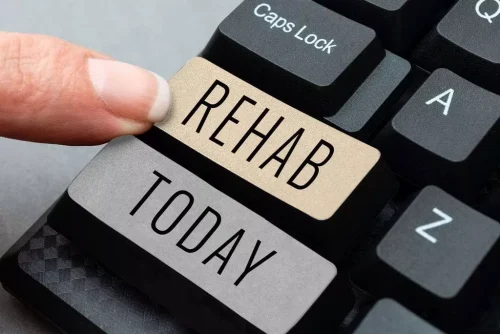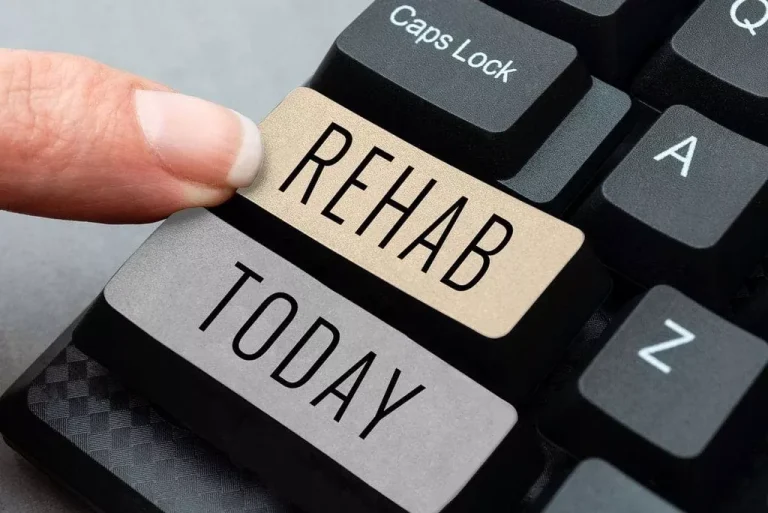Certificado de Calidad
ISO 9001:2015 / ES-0395/201411 enero, 2023

Physical activity promotes better sleep by helping to regulate mood and decompress the mind. It’s best to complete any vigorous activity at least three hours before bedtime. It may be tempting to grab a drink or take a sleeping pill to relax before the flight, but both can increase your chances of snoring. Alcohol and sleeping pills relax your muscles, which can make snoring worse. Alcohol causes inflammation, and it can take a few weeks for this side effect to wear off.
Physical Activity and Sleep

Insomnia is a common condition where a person has trouble falling asleep or staying asleep. Up to 40% of the general population experiences insomnia, while as many as72% of people with an alcohol use disorder may have the condition. It also causes changes to blood vessels in the nose, leading to greater airway resistance in the nasal passages. If you are one of the nearly two thirds of Americans who drink alcohol, chances are, you’ve had a drink in the hours before bedtime.

How Long Until Sleep Returns to Normal After Quitting Alcohol?
- In January, I tend to see an uptick in patients who have been admitted due to alcohol dependence.
- This disruption to the sleep cycle can lead to a feeling of insufficient rest upon waking.
- RISE tracks your sleep debt each night, so you can see whether skipping alcohol is really causing sleep loss.
- It therefore has the unique ability to help you feel relaxed and upbeat at the same time.
- By understanding the whys and hows behind insomnia, we can devise strategies to reclaim your sound sleep.
The duration varies, and depends on factors like the severity of dependence, your metabolism, and underlying health conditions. In general, symptoms are the worst in the first few days of alcohol detox,3 and usually improve over the course of the next few weeks. Individual health factors and genetics also play a role in sleep recovery. Some people may have naturally resilient sleep patterns that bounce back quickly, while others may struggle with sleep issues even before alcohol use.
Can’t sleep without alcohol? Here’s how to sleep without alcohol
Patients of alcohol withdrawal often report frequent nighttime awakenings, difficulty falling asleep, and unsatisfactory sleep quality. Thankfully, these effects are temporary and subside as the body gradually acclimates to the absence of alcohol. Millions of people worldwide struggle with insomnia, and many of them turn to alcohol to help them fall asleep. This is a dangerous habit, and it can lead to many health problems down the road. In this article, we will discuss some of the dangers of drinking alcohol before bed and provide some tips on how to sleep without alcohol. Sleep disorders like insomnia can https://ecosoberhouse.com/ co-occur with alcohol abuse, and treating insomnia can improve a person’s sleep quality while in recovery.
Long-term sleep benefits (3+ months)
- Here are eleven comprehensive strategies to help you achieve restful sleep naturally, without depending on alcohol.
- Those byproducts are toxic to all tissues of the human body; however, we are able to metabolize a small amount of them.
- Remember, understanding what’s happening to your sleep when you quit alcohol is half the battle.
Months after I quit, I still had many symptoms of thyroid imbalance – a malady that often results in poor sleep. Instead of opting for a prescription, I took ashwagandha once per day for about a month and started sleeping better. Here is my top 10 list of herbs for a person that quit drinking and can’t sleep.
So even if you are incredibly inebriated and fall asleep, it’s likely you’ll wake up at some point in the night and experience rebound insomnia. Once you stop drinking, the alcohol leaves your system quite quickly. This means, depending on the physical state of your liver, that you gradually start to feel better. As the week progresses, you usually have more energy because your liver is not struggling to recover every single day.
- When you’re having a good time, you find it hard to stop, especially in the company of friends having the same amount.
- Alcohol use and dependence appear to interfere with circadian rhythms—biological patterns that operate on a 24-hour clock.
- Stopping alcohol can seem daunting, especially if you use it frequently or if it is a central part of your social life.
- You might realize that you look forward to weekend mornings now instead of dreading hangovers and hangxiety.
- When you engage in recreational activities, such as by playing sports, going to the gym, or practicing yoga, you meet new people and find new, healthy methods for relaxing.
- For people who snore or who have sleep apnea—a disorder that causes repeated pauses in breathing during sleep—drinking alcohol tends to aggravate symptoms.
Week one: Increased energy, reduced calories, better sleep
If a negative emotion or thought enters your mind, rather than resisting it, allow it to pass through you. There are many ways to engage in mindfulness, such as by taking long walks, meditating, journaling, and reflecting. To be mindful is to have constant awareness of the moment you are experiencing. Mindfulness techniques can train you to manage difficult situations without alcohol. When you think a discomforting thought or feel stress, try the four-step “S.T.O.P.” exercise. This checklist is easy to use and can help you feel energized, focused, relaxed and creative, all while giving you new insights quickly.

Quitting alcohol can help reduce how to sleep without alcohol the depression and anxiety that alcohol can bring and significantly improve your situation in life, increasing your overall happiness. Stopping alcohol can seem daunting, especially if you use it frequently or if it is a central part of your social life. You can feel better, decrease your risk of diseases, think more clearly, save money and even improve your relationships. While there are some short-term withdrawal effects, the long-term benefits are well worth the effort. A strong support system is a great resource during times when you are tempted to drink to relax. Make a list of every healthy, supportive friend or family member you know and carry that list around with you in times of need.
Sleep Issues Associated with Quitting Alcohol
When you stop drinking, it can feel like entering a whole new world and like a fog that you didn’t even know was there has suddenly lifted. Stopping alcohol will reduce the number of empty calories that you consume. Not only will you reduce your overall calorie intake, but you will also likely replace some of these calories from healthier sources. This will lead to improved nutrition, which can profoundly impact your overall health, especially over time. By week three, you will have saved about $450–$600 from not buying alcohol.
Alcohol-induced sleep disorders
By Buddy TBuddy T is a writer and founding member of the Online Al-Anon Outreach Committee with decades of experience writing about alcoholism. Because he is a member of a support group that stresses the importance of anonymity at the public level, he does not use his photograph or his real name on this website. Working on your sleep hygiene is another way to help prevent or reduce insomnia. These are changes you can make to your environment and routine to help promote sleep. Alcohol causes inflammation in the lining of your stomach, causing bloat and other digestive issues.

